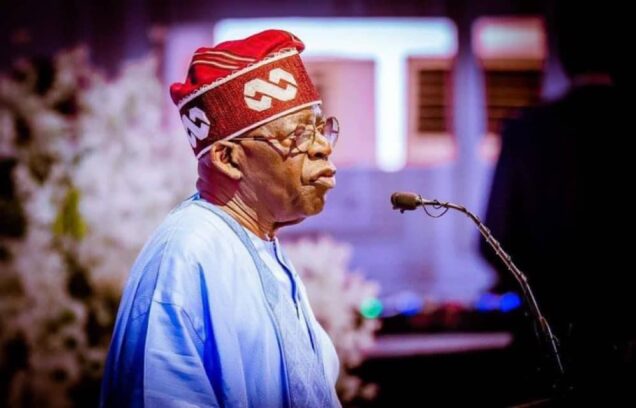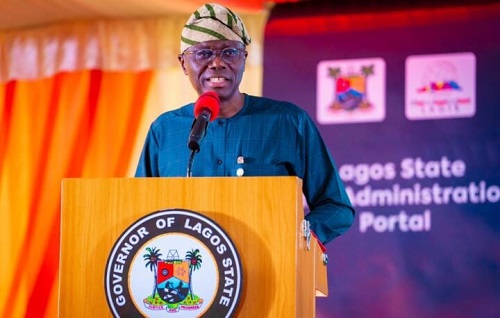• Nigerians optimistic of improved supply
• ‘No economic efficiency in amendment’
President Bola Tinubu, on Friday, assented to the electricity bill passed in July 2022 seeking to repeal the Electricity and Power Sector Reform Act, 2005. It becomes the Electricity Act, 2023
The Electricity Act now consolidates all legislations dealing with the electricity supply industry to provide an omnibus and ideal institutional framework to guide the post-privatisation phase of the Nigerian Electricity Supply Industry (NESI) and encourage private sector investments in the sector.
The primary aim of the bill, as stated in its very first section, is to create a comprehensive legal and institutional framework to guide NESI, de-monopolise the generation, transmission, and distribution of electricity at the national level, and empower States, companies and individuals to generate, transmit and distribute electricity.
States would also be able to issue licenses to private investors who have the ability to operate mini-grids and power plants within the State, but such State licenses are not to extend to inter-state or transnational distribution of electricity.
Nigeria’s constitution, as amended, provides for shared power between the Federal and state government in terms of making laws for electricity, but this is not the practice on account of the Electricity Reform Act, which empowers NERC to carry out regulation across the country.
The Electricity Act establishes that NERC’s powers to regulate within Nigeria are without prejudice to the powers of the states to make laws and create electricity markets within those states and to regulate those markets.
It mandates how NERC transitions regulatory responsibilities from itself to state regulators when they are established. Until that happens, NERC will continue to regulate electricity business exclusively carried out in those states.
Investigations by The Guardian revealed that the new law restates the position and clarifies the authority and powers of the states and federal. It means that Nigeria will not have one single market regulated from Abuja, but could have at least 3 independent regulators.
This means that states like Kaduna, Lagos, and Edo can begin to regulate their own electricity market, as they have already created laws for their electricity markets. The other states will continue to be regulated by NERC until they pass their laws.
NERC will still carry out cross-border regulations, generation, and transmission across states.
Lawmakers, under the bill, are granted the power to carry out oversight responsibilities and function over the National Electricity supply industry through its respective Committees on Power in the Senate and House of Representatives.
This is to be carried out notwithstanding the supervisory powers of any government Ministry over government-owned enterprises or other entities operating in the Nigerian electricity supply industry in which the government has not divested its equity holdings, and irrespective of the Ministry where such entities are placed for administrative supervision by the Ministry.









